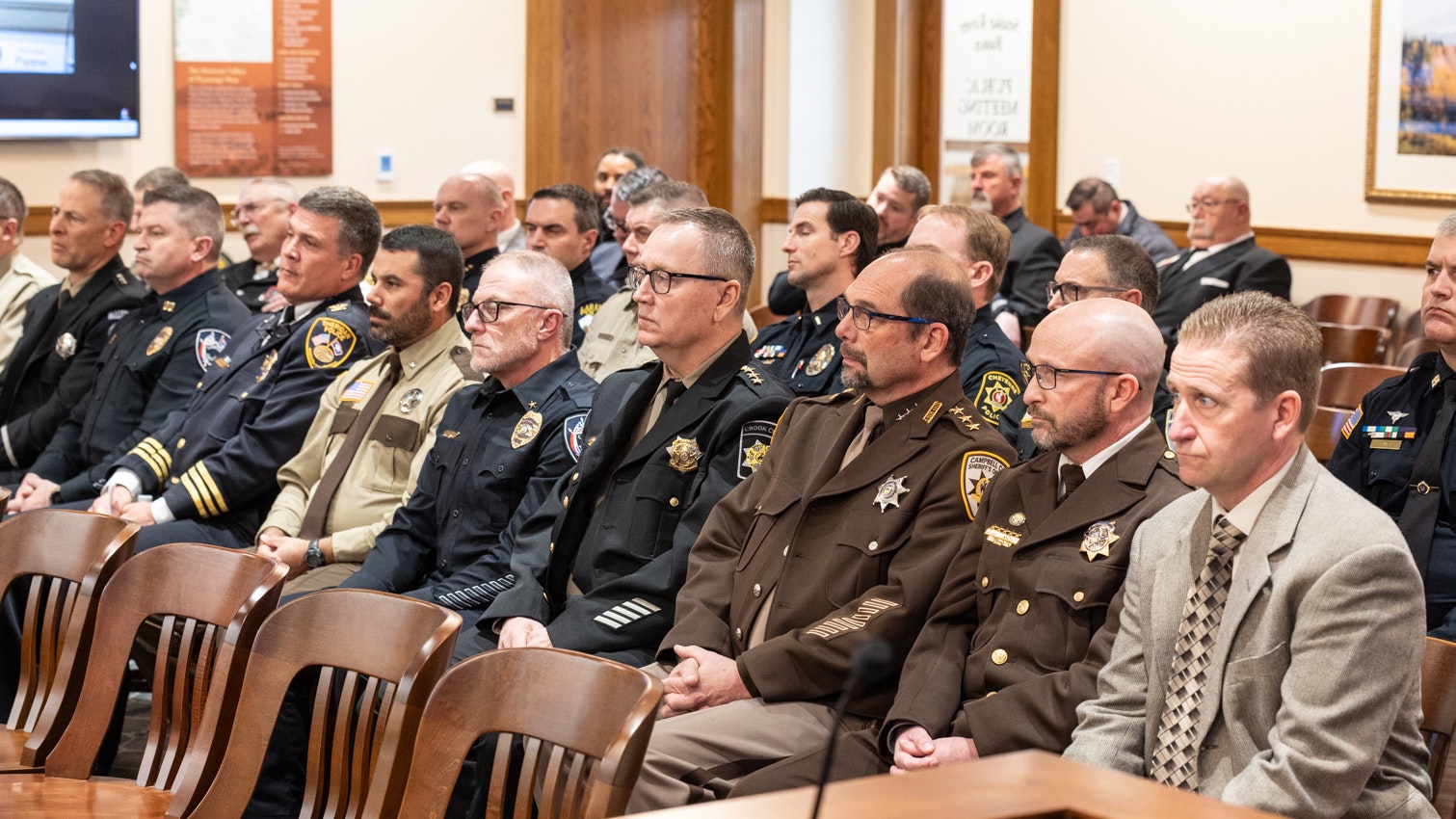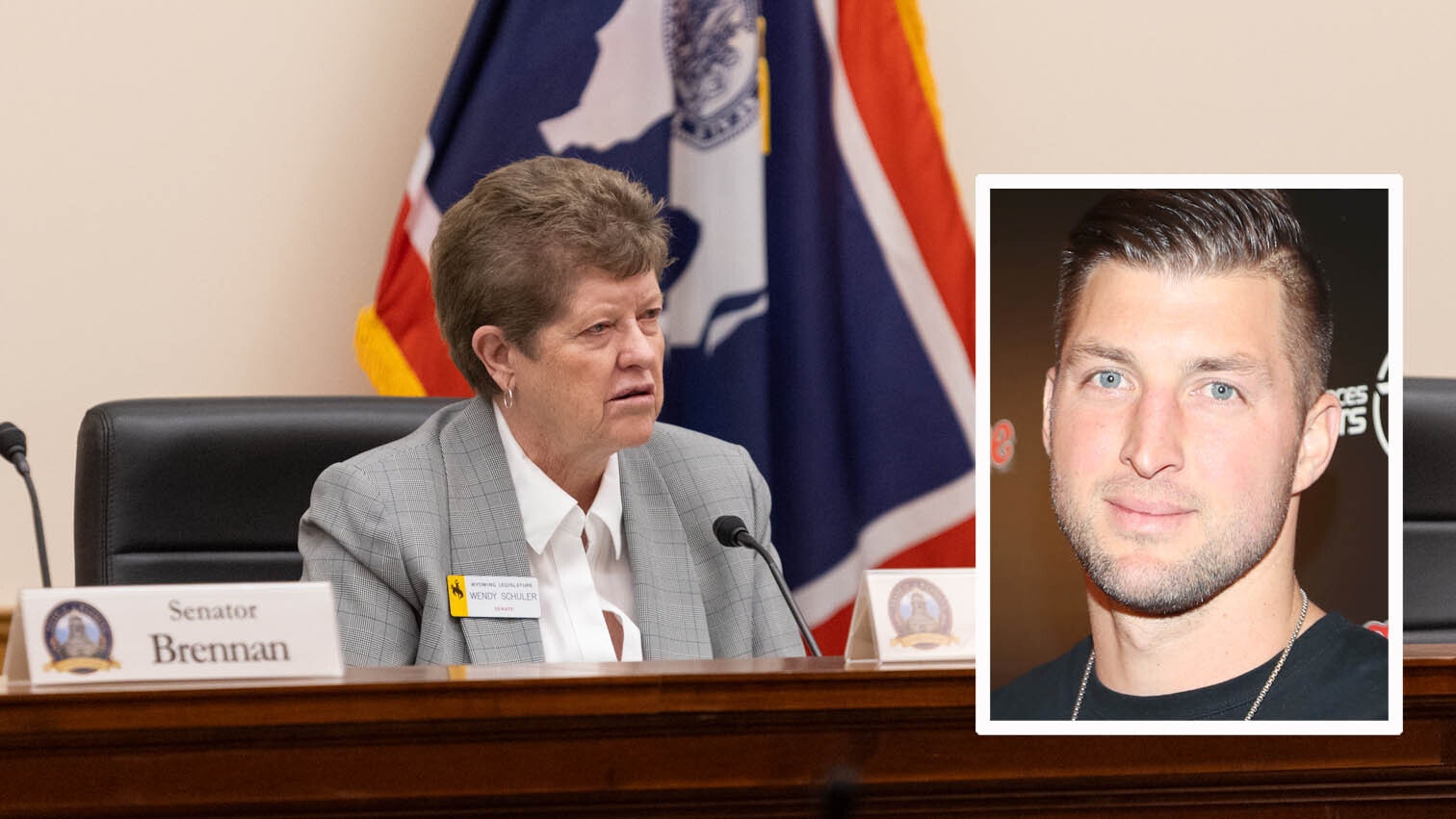Twice as many homeowners are likely eligible for Wyoming’s expanded property tax relief program, said Wyoming Department of Revenue Director Brenda Henson, who has recently announced the program is open for applications.
Wyoming lawmakers expanded the state’s existing property tax relief program during the 2023 legislative session by raising the income limit from 75% of the county or state median income to 125%.
They’ve also added a circuit breaker that kicks in if a property tax bill is greater than 10% of an individual’s overall income to help protect investments retirees may have made to assure their retirements.
The new income limits will dramatically expand the reach of the program. The statewide median income is $86,400, which will apply to 15 of Wyoming’s 23 counties.
The income limit for other counties, whose median incomes are higher, are as follows:
- Campbell County: $114,125
- Converse: $94,613
- Lincoln: $95,163
- Sublette: $101,988
- Sweetwater: $96,888
- Teton: $128,900
- Uinta: $92,788
Applications for property tax refunds can be obtained by calling the Wyoming Revenue Department office at 307-777-7320, online or from any local county treasurer’s office.
Applications must be returned by June 5.
Additional Criteria May Apply
Anyone making less than the statewide median income or less than their county’s median, when that median exceeds the state’s median income, is likely eligible for some property tax relief, but there are a few additional criteria that must also be met.
Applicants must certify that they own their own home and that they’ve been a Wyoming resident for the past five years.
They must also show that they have paid their 2022 property taxes in full and that personal assets, excluding retirement accounts, do not exceed $150,000 per adult household member.
The value of one’s home and the value of a car for each adult household member does not count toward the $150,000 limit, nor does the value in any retirement account including IRAs, 401(k)s, life insurance policies or medical savings.
However, there is now a circuit breaker in the property tax relief program that kicks in when an individual’s total tax bill exceeds more than 10% of total household income. In that case, the $150,000 asset limit no longer applies.
Get Your Questions Answered
Henson will be on a virtual town hall hosted by AARP for its members to learn more about the expansion of Wyoming’s tax relief program.
The town hall is set for 3 p.m. Tuesday. AARP will make around 13,000 calls to its members, but those who do not receive a call and wish to take part can call 1-855-274-1448 or visit AARP Wyoming’s Facebook page to listen to the livestream.
“Director Henson will kind of go through what the program is, how it exists, and what the process is for application, as well as what the eligibility looks like,” AARP Wyoming’s Associate State Director for Advocacy and Communications Thomas Lacock told Cowboy State Daily. “So, in other words, talk to us about what can I have in terms of investments, bank accounts, retirement and things like that and still qualify for this particular program.”
Property Tax Reform Still Waiting In The Wings
Lawmakers across the state had one burning issue on their minds in the 2023 legislative session – property tax relief and reform.
However, despite more than 20 bills revolving around those topics, only two and a study bill made it through the gauntlet to become law.
The two bills were the property tax relief expansion and a resolution asking voters whether a new category should be created for residential property in the Wyoming Constitution. The study bill will look at whether the Cowboy State should base residential property tax rates on the purchase price, which is similar to how it’s done for personal property taxes on vehicles.
Lacock said AARP particularly appreciated the expansion of the existing property tax relief fund because it targets the relief to those who really need it.
“That gets the money where it is really needed, while having the least amount of impact on government services, that our members, as well as citizens, tend to rely on,” she said.
Lacock also said his organization is looking forward to the ongoing discussion around property tax reform and property tax relief, to see what that might look like on a long-term basis.
“We want to make sure that those who are in the greatest need have access to that relief as a priority,” he said.





